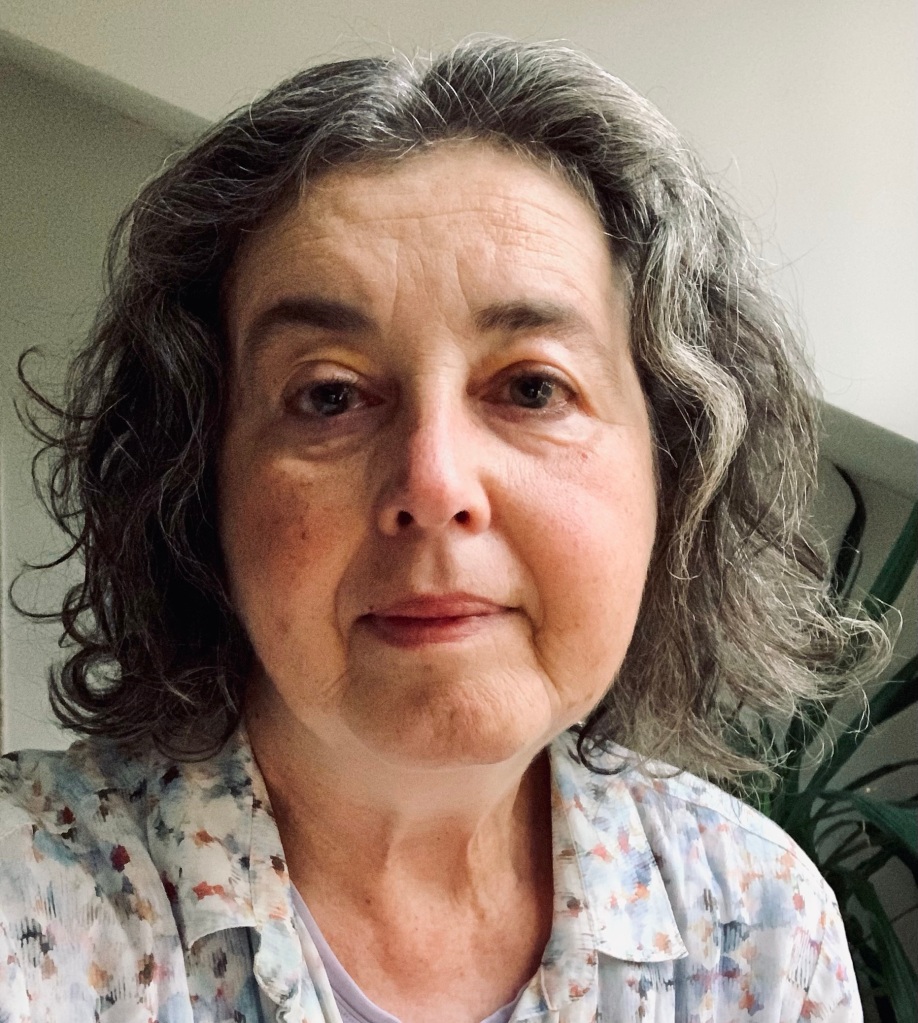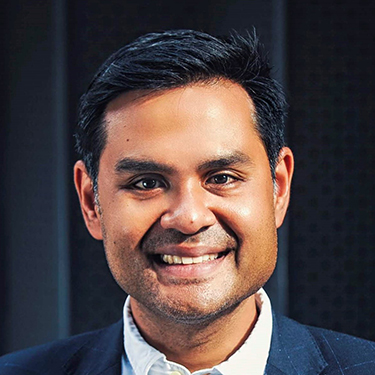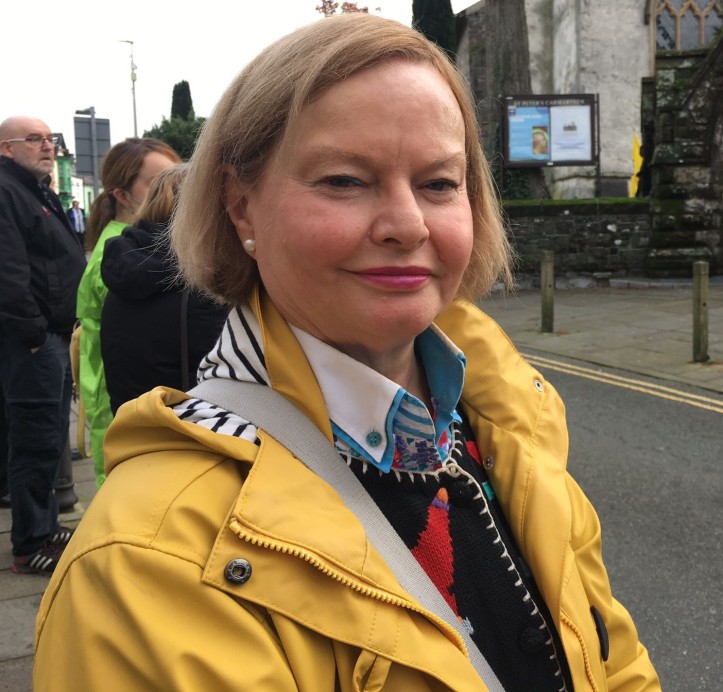By Sean Galpin
It’s easy to think of a traditional Christmas as involving a Christmas tree, a white Christmas and some mulled wine, but all of these things have been imported to the UK from other parts of the world. Prince Albert famously popularised the Christmas tree here, while mulled wine is a Roman invention and Pieter Bruegel may have something to do with the obsession with a white Christmas, not to mention a certain Mr Crosby. With this in mind I asked some members of St John’s congregation to share with us Christmas traditions from other parts of the world.

Christmas in Jordan
Christmas greetings from the St John’s congregation to Josh Mock, who has spent the latter part of 2021 studying in Jordan. The state religion in Jordan is Islam, but Christians make up a significant minority and have freedom to worship. Christmas day has been an official holiday since 2000 and it is celebrated across the country, with non-Christians still treating it as a holiday.

Christian communities have existed in Jordan since the first century AD. Today most Jordanian Christians belong to the Eastern Orthodox Church.
Ulrike Tells Us About Christmas in Germany

Decorating German homes for Christmas begins in Advent, when many people put up a Herrnhuter Star decoration. One particularly pleasant German tradition is making an wreath with candles for each of the weeks of Advent. People often light a candle on each Sunday afternoon during Advent while having a coffee and some Advent cookies. Advent is also a time for baking goodies like stollen, cookies, and ginger bread.
German children do not have the agony of waiting until Christmas morning to open their presents, because in Germany presents are given on the evening of Christmas Eve. This is also a time when many children see the Christmas tree in their home lit up for the first time, which adds to the magic. Christmas Eve is generally a relaxed family time without a huge meal, rather than a day of frantic preparation. Meanwhile Christmas Day usually involves a large meal similar to the one we eat in the UK, and perhaps with more family members. Ulrike has always liked receiving books as Christmas presents, and one of her favourite memories is getting up early on Christmas day when the house was quiet to read her new books. A slice of tranquility at Christmas.
Shanon Tells us About Christmas in Malaysia
The official religion in Malaysia is Islam, but other faiths have the freedom to worship and celebrate their own festivals. Chinese New Year, Diwali (more commonly known as Deepavali in Malaysia), Christmas, Wesak, and the Harvest festivals in Borneo are all public holidays. Christians form roughly 10 percent of the Malaysian population and are denominationally diverse, with Catholic, Protestant, Orthodox and Evangelical Christians celebrating Christmas in different ways.
Some things, however, remain common to most Malaysians. For instance, keeping “open house” is an important tradition amongst Malaysians of all religions, and Malaysian Christians will often open their homes at Christmas to share food and hospitality with their friends from all faiths. This being Malaysia, “open house” is defined by food. As Malaysian Christians come from diverse cultural backgrounds – including Chinese, Indian, Eurasian and the indigenous communities of Borneo – there can be a huge variety on offer. Indian Christians in Malaysia might feast on goat curry and dosas whilst Eurasians would enjoy devil curry, sugee cake, and wine. It’s not surprising then that Shanon’s memories of Christmas in Malaysia are mostly about food.


With the rise of Evangelical expressions of Christianity in Malaysia starting from the 1980s, many Malaysian Christians started opting for more American-style celebrations, including dishes like turkey and roasted vegetables. Today, Malaysian shopping malls tend to be decorated in an American style at Christmas time with gigantic trees, tinsel and lights. But local traditions are also alive, for example amongst the Portuguese Eurasian community who start feasting and exchanging presents after Midnight Mass on Christmas Eve.
Trish Tells us About Christmas in Kazakhstan

Trish Gifford is the wife of the former British Ambassador to Kazakhstan, and has many happy memories of Christmas there.
November is the start of the festive season. Lights and Christmas trees go up around the country, and shopping malls are decorated as in the UK. Because of the extreme cold of the Kazakh winter, there are amazing snow slides for adults and children on open spaces around the city. The river in the centre of the capital Nur-Sultan is frozen, and people can be seen on it cross-country ski-ing, taking snowmobile rides or fishing through the ice
There are many religions represented in Kazakhstan, but the most widespread Christian denomination is the Orthodox Church, which celebrates Christmas on 7 January. The western Christmas in December is also celebrated by some. For example, on 24 December, the Catholic church holds a beautiful midnight mass.
Both the 24 and 25 of December are normal working days, but you can easily spot foreigners out with their families eating at local restaurants and playing outdoors. The Christmas temperature can be very cold: on Christmas Day 2018 it was -31 degrees in Nur-Sultan! Foreigners in Kazakhstan bring their own traditions, and every December Trish helped organize a yearly Christmas bazaar, with other ambassadors’ wives. The bazaar showcased different countries’ products, and raised up to £40,000 for local children’s charities.
For Kazakhs, celebrating New Year tends to be more important than Christmas. The evening of 31 December usually starts off with a dinner, often either Beshparmak, a sharing dish of chopped boiled meat with noodles and onion sauce, or a type of dumpling called Manty. This is followed by tea, fruit and sweets. Just before midnight Kazakhs tune in to watch their president’s new year speech which finishes just before the clocks strike midnight and people across the country toast the new year. As at Christmas, families and work colleagues will exchange New Year presents and greetings.
To find out what members of the congregation want for Christmas click here
